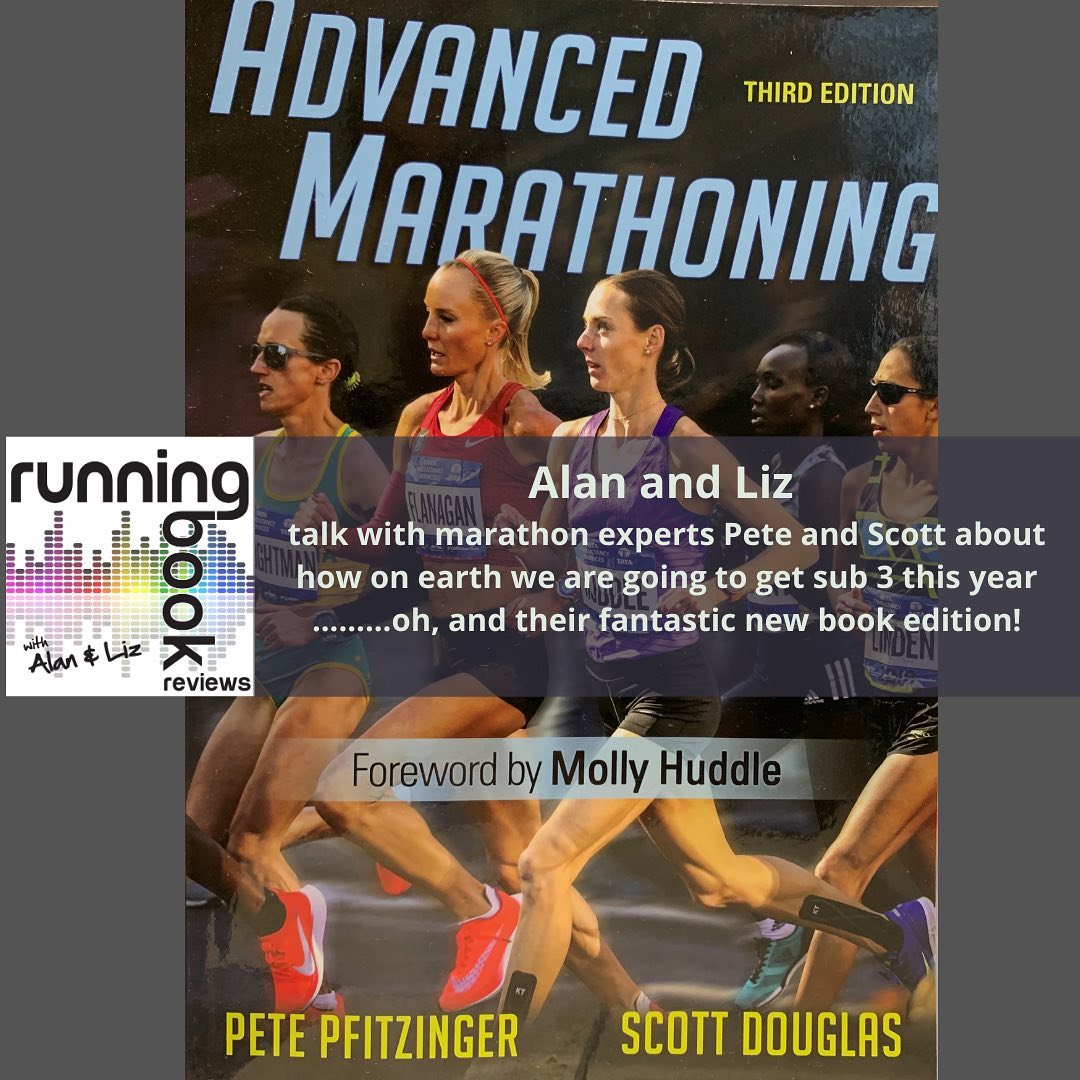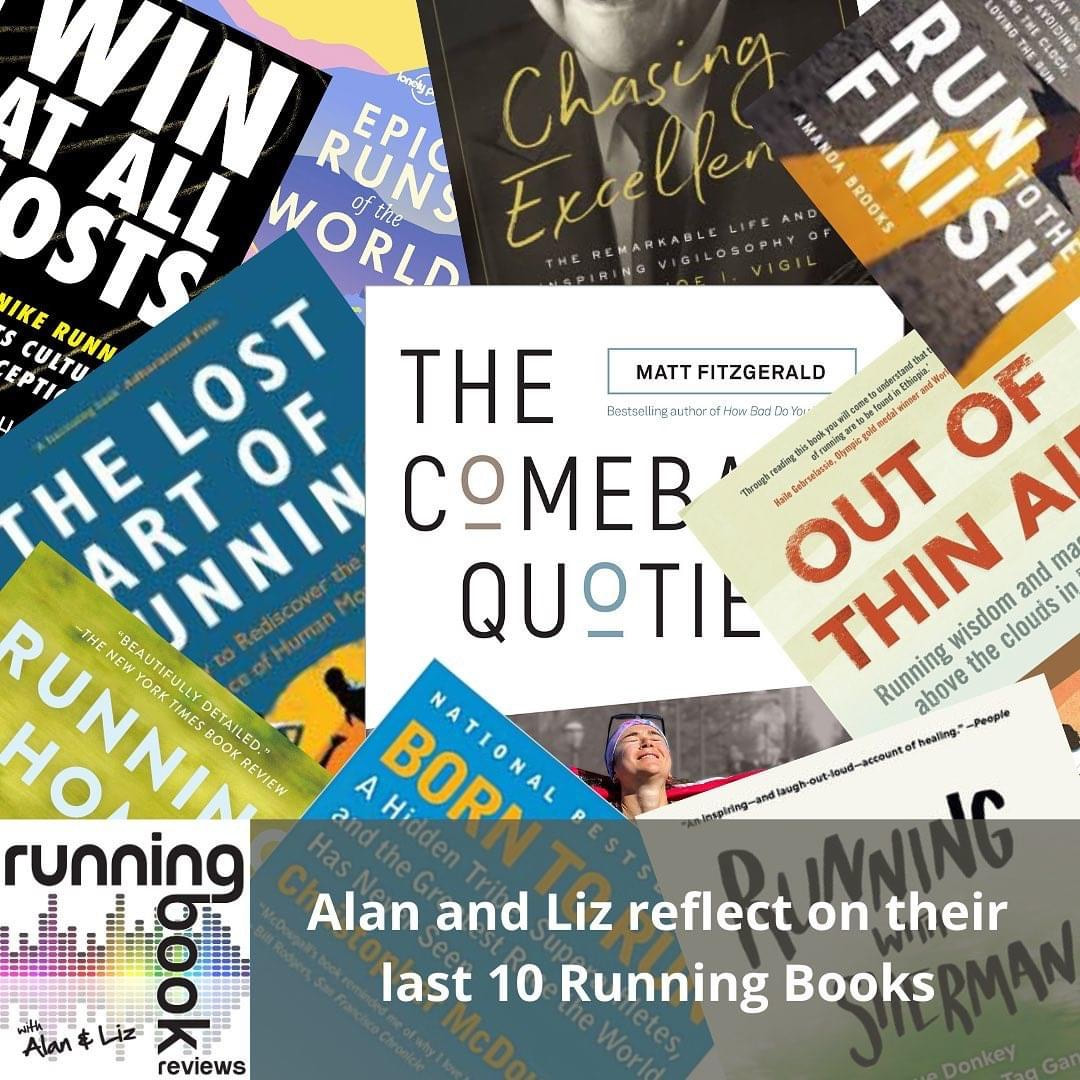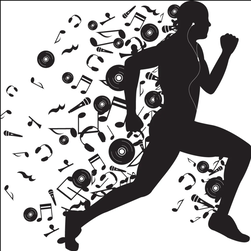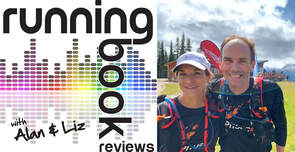New episode!
In this episode we have the pleasure of speaking with authors Pete Pfitzinger and Scott Douglas about the 3rd edition of Advanced Marathoning.... and we also got some personal recommendations on the plan we should choose for our summer marathon training.
Listen now! https: https://runningbookreviews.buzzsprout.com/976876/8126398-advanced-marathoning-by-pete-pfitzinger-and-scott-douglas
In this episode we have the pleasure of speaking with authors Pete Pfitzinger and Scott Douglas about the 3rd edition of Advanced Marathoning.... and we also got some personal recommendations on the plan we should choose for our summer marathon training.
Listen now! https: https://runningbookreviews.buzzsprout.com/976876/8126398-advanced-marathoning-by-pete-pfitzinger-and-scott-douglas






 RSS Feed
RSS Feed